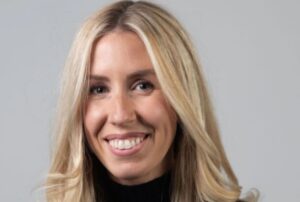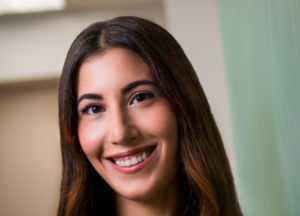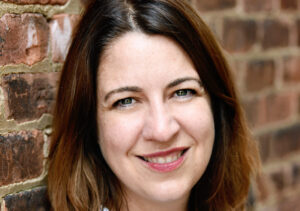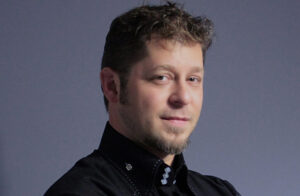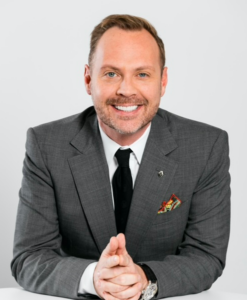6 questions with: Magnitude’s Scott Krady
Scott Krady shares the tool he uses to forge new relationships.
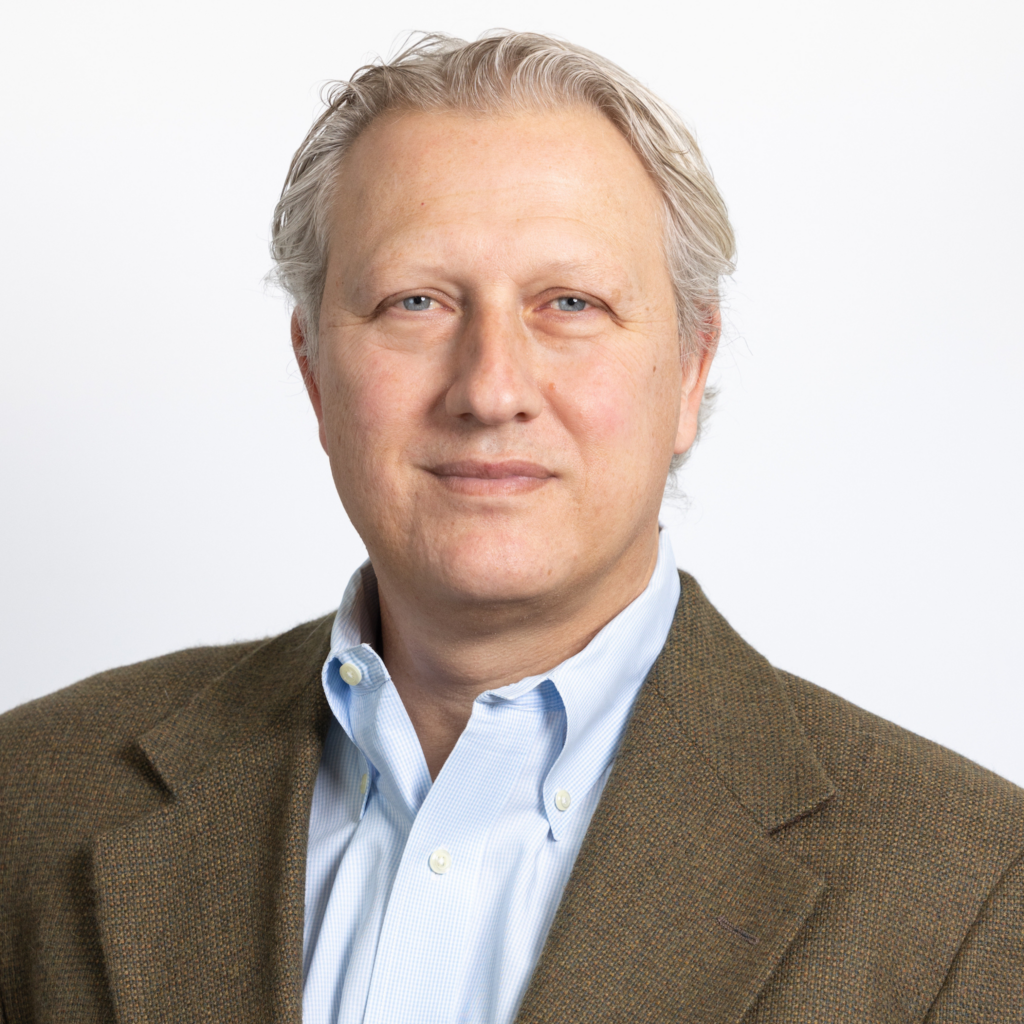
Founder & CEO of Magnitude, Scott Krady, has a varied background in marketing and financial reporting. With years of experience under his belt, Krady ventured into entrepreneurship, launching his own firm. Despite not starting in PR or communications roles, he was driven by a passion to empower companies, brands, and leaders to wield influence and shape vital business conversations.
Throughout his career, he has collaborated with prominent entities such as Morgan Stanley, Fidelity, EY, MSG, Tyco, and Razorfish, covering an extensive range of industries from technology and financial services to entertainment, law, and emerging fields like climate risk, digital assets, cybersecurity, fintech, and AI.
We caught up with Krady to get his thoughts on the future of the communications industry.
What book, podcast or other media do you recommend to other comms pros?
I’m driven by my interactions with people whether they are CEOs, investors, reporters, or my kids. Each conversation is an opportunity to learn something new and connect in a meaningful way. We view this business differently since we understand why our clients choose us: to drive growth. We’re in the business of influence, ideas and relationships. Because we often deal with the unpredictability of macroeconomic events and news, our success comes down to forging powerful relationships. So because of that I still recommend Dale Carnegie’s “How to Win Friends and Influence People.” I am fascinated that this book is as important today: the relationships we form with people shape everything. We’re in a people business. Relationships are foundational to achieving goals, and so with every interaction I try to build a relationship that is authentic, it is the foundation of the partnerships we have with our clients. I turn to HBR’s Ideacast when I want to be inspired because ideas are the lifeblood of our business, we need to be one step ahead of everyone else.
What’s your favorite tool you use regularly for work?
I’m focused primarily on broader global markets and the people and companies we serve. I rely most on CNBC and LinkedIn; CNBC gives me a window into the environments that shape the work we do, be it regulation, technological advances or the political environment. These frameworks can change at any moment, so we must be in lock-step with them to be in a position to succeed for the people and companies that depend on us. I’m a people person; if I could I would have 8-10 meetings a day over coffee – there is no substitute for in-person interactions, and this constraint is particularly concerning in a work-from-home environment. That said, LinkedIn serves as the next best thing; an opportunity to understand what those in your network are thinking every day – not to mention a chance to forge new relationships. I am fascinated by the ability to form meaningful relationships through LinkedIn, including many who have become trusted partners, clients, and friends.
What excites you most about the future of communications?
I am most excited about the democratization of information. My kids get their news from YouTube and TikTok. With social media platforms, online news and streaming, there are so many ways to interact with news and provide insight into the discourse. We aspire to provide influence in an honest and meaningful way. We try to educate and inform. Whether it’s the newest platforms like Threads and Bluesky or legacy social media like LinkedIn and Twitter, we aim to lead and shape the discussion around the most important topics to our clients and the larger business universe.
What communications challenge keeps you up at night?
Our business is linked to business results. We’re in a relationship business. We need to understand our clients’ business as well as our clients do. That is our job on day one. I routinely hear from executives who speak of unmet expectations or who failed to see results from communications efforts. That people or companies are skeptical about the work we do. That what we do cannot drive business results. That we haven’t been or are unable to be in their shoes. That we must change mindsets or overcome past mistakes. Those are the things that keep me up at night.
What’s the biggest challenge you’ve overcome in your career?
Starting a business during a global pandemic was an enormous challenge. Most of the people in my inner circle told me it was a terrible idea. I’m not sure there’s ever an ideal time to launch a new company – the challenges will always be there. Yes, the business landscape changed dramatically due to COVID, but this period also profoundly changed the way we think about business. The rules changed, at least they did in my mind. And it led me to think that we could reshape what we could bring to clients – not what we could do as communicators and storytellers, but as entrepreneurs, as curious thinkers and as partners. It was that mindset that made me believe we could create something different – and be able to back it.
What is the best advice you’ve ever gotten?
I’m a people person. I listen and am genuinely curious and interested in personal stories. When I was growing up people told me I could be trusted. These traits served me well when I decided to become a journalist. It wasn’t until years later that I learned that these traits could be assets in business. A few years ago when I was working at a consulting firm a senior executive told me that my success at the firm was due to my desire and ability to connect with people. That took hours of roaming the halls in search of partners who wanted to market themselves and their practices. So I learned to connect on a personal level first. Once you build a relationship based on trust and authenticity, you cut through the noise. By talking to someone on a personal level, you can really distill what makes someone tick. You then open the doors to a professional relationship and business success. And doing that inspires others to join in, and pretty soon, you can see the business results.
Isis Simpson-Mersha is a conference producer/ reporter for Ragan. Follow her on LinkedIn.


